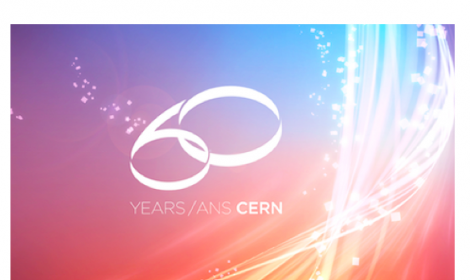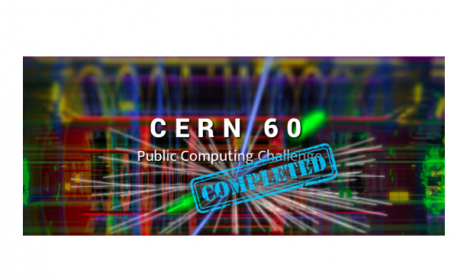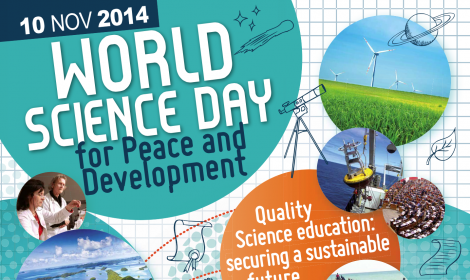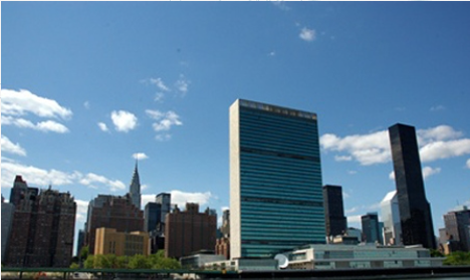60 more years of science for peace: carrying the message forward
At the end of 2013, we were just about to embark on a year of celebrations marking 60 years of science for peace at CERN. Our message was that science is an inescapable driver of peaceful relations among cultures and nations, a force for sustainability and a necessity in confronting the major challenges facing society today. Twelve months on, we can safely say that we’ve been successful in delivering that message.
Read the articleCERN 60 Public Computing Challenge
Over 5000 people have participated so far in the CERN 60 Public Computing Challenge, an event that invites the public to download a virtual atom smasher into their computer and help scientists simulate the sorts of particle collisions that occur in CERN’s Large Hadron Collider (LHC) and other important accelerators from CERN’s 60-year history.
Read the article
UNESCO: World Science Day for Peace and Development
Established by UNESCO in 2001, World Science Day for Peace and Development is celebrated worldwide on 10 November every year. The day offers an opportunity to mobilise various partners (scientific and research institutions, the media, science teachers, NGO’s) to highlight the important role of science in society and to engage the wider public in debates on emerging scientific issues and the relevance of science in their daily lives.
Read the articleUN and CERN celebrate science for peace and development and CERN’s 60th anniversary
The United Nations Economic and Social Council (ECOSOC) and the European Organization for Nuclear Research (CERN) celebrated science for peace and development highlighting the values of science and its ability to build bridges between nations. The event was the last in a series of celebrations organized by CERN to mark its 60th Anniversary.
Read the article



